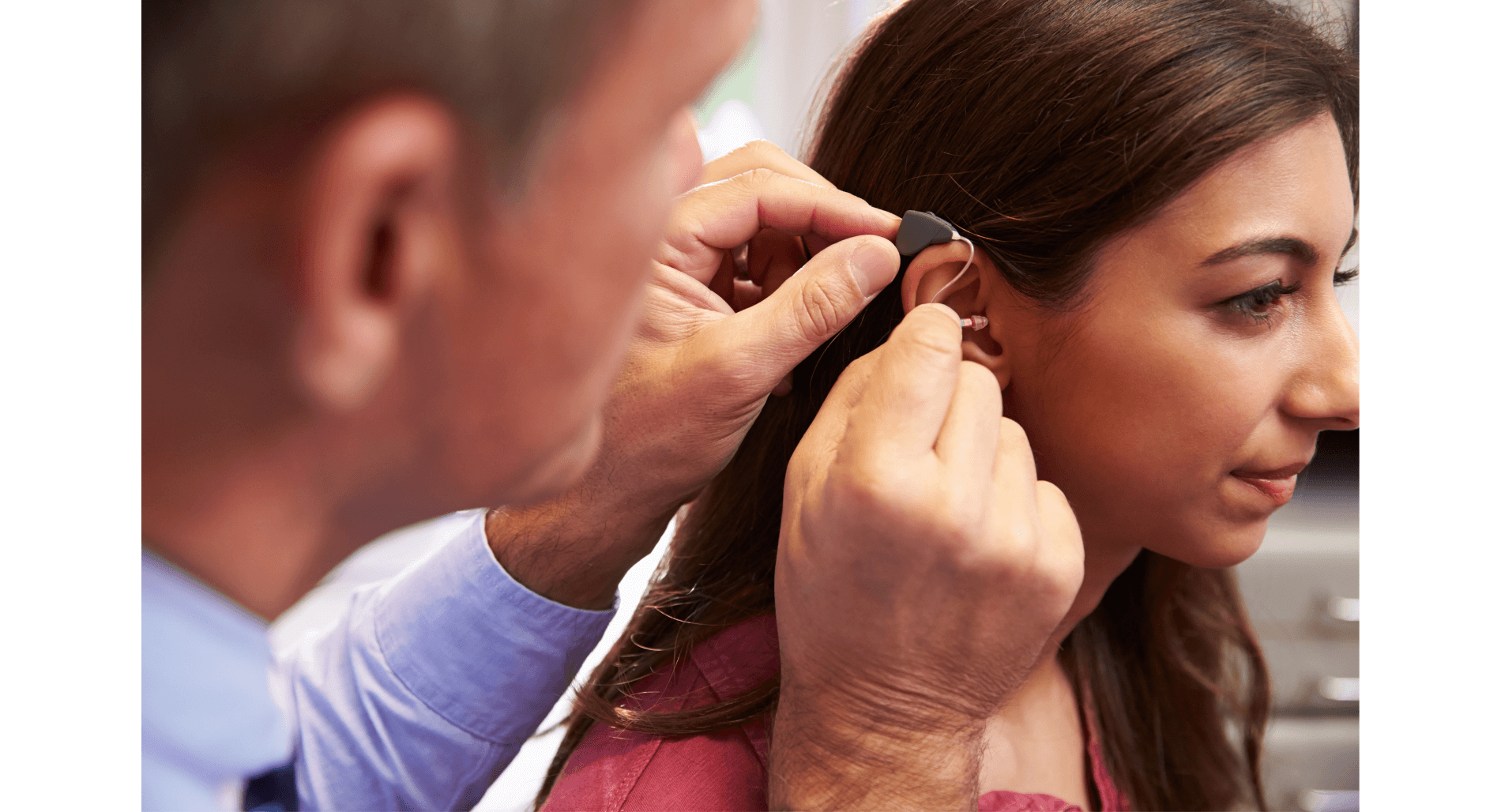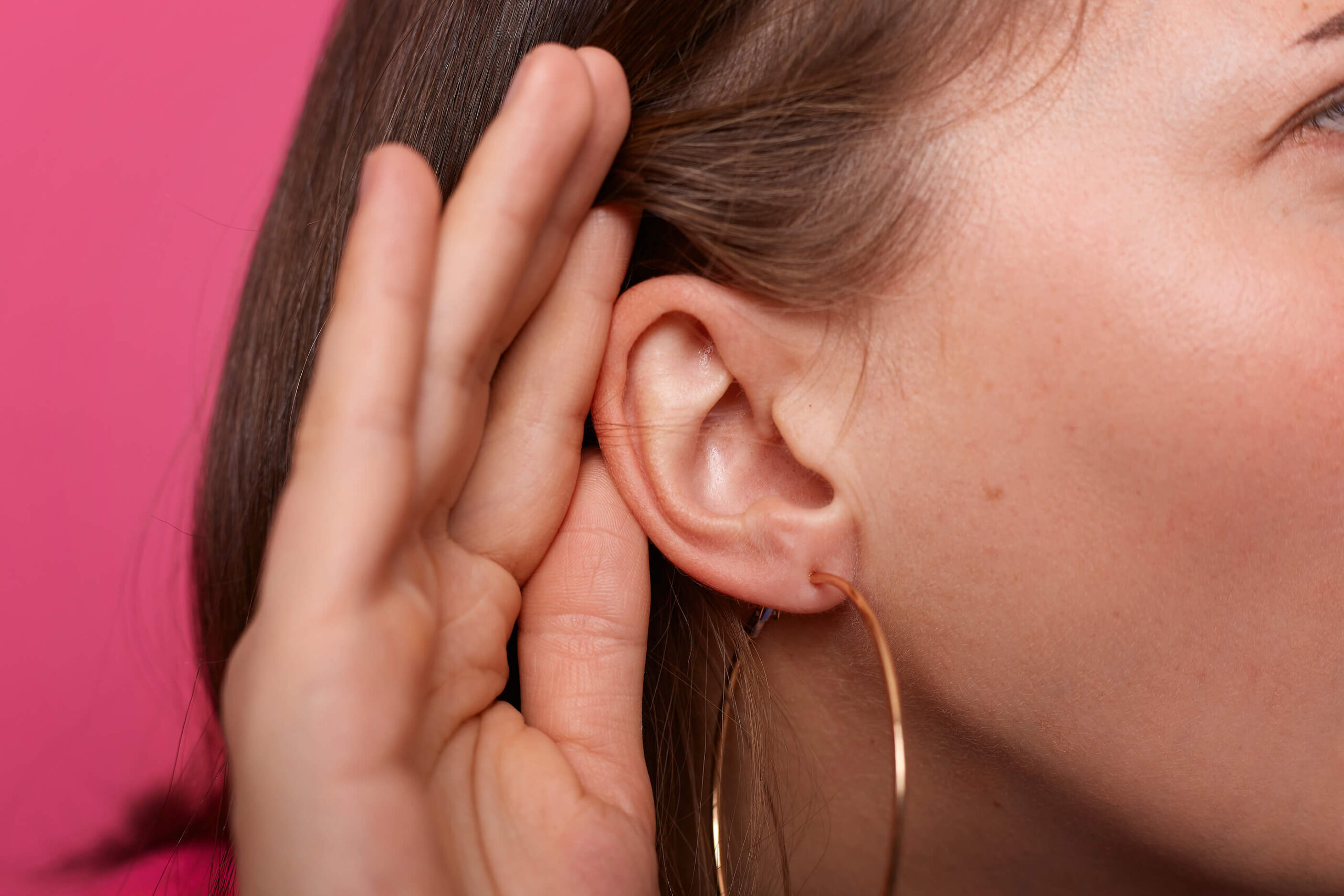
Hearing loss can significantly impact your daily life, affecting everything from conversations with loved ones to enjoying your favorite music. If you suspect you have hearing loss, you might be wondering whether getting fitted for hearing aids is the right step.
Understanding Hearing Loss
Hearing loss can occur for various reasons, including age, exposure to loud noises, and certain medical conditions. It can range from mild to profound and affect one or both ears. Early signs of hearing loss include difficulty understanding conversations, especially in noisy environments, frequently asking others to repeat themselves, and needing to turn up the volume on electronic devices.
If you notice these symptoms, it’s essential to schedule a hearing health exam with a qualified provider. This exam will determine the extent of your hearing loss and the best course of action. Addressing hearing loss promptly can prevent further deterioration and improve your quality of life.
Benefits of Hearing Aids
Hearing aids can provide numerous benefits, making them a worthwhile investment for those experiencing hearing loss. First and foremost, hearing aids amplify sounds, making it easier to hear conversations, watch TV, and enjoy everyday activities. They can significantly improve communication, reducing the need to ask others to repeat themselves and minimizing misunderstandings.
Additionally, hearing aids can enhance your overall quality of life. They can help you stay connected with family and friends, participate in social activities, and maintain your independence. Many people find that their confidence and emotional well-being improve once they start using hearing aids.
Modern hearing aids come with advanced features such as noise reduction, directional microphones, and wireless connectivity. These features can enhance your listening experience and make hearing aids more effective and convenient to use. With various styles and designs available, you can find hearing aids that suit your preferences and lifestyle.
The Hearing Aid Fitting Process
Getting fitted for hearing aids involves several steps to ensure you receive the best possible device for your needs. The process typically begins with a comprehensive hearing health exam conducted by a provider. This exam includes a series of tests to assess your hearing and determine the type and degree of hearing loss you have.
Once your hearing loss has been diagnosed, your provider will discuss the best hearing aid options for you. They will consider factors such as your lifestyle, the severity of your hearing loss, and your budget. It’s important to ask questions and express any concerns you may have during this consultation to ensure you make an informed decision.
After selecting the appropriate hearing aids, the fitting process begins. Your provider will take impressions of your ears to create custom molds for the hearing aids, ensuring a comfortable and secure fit. They will then program the devices to match your specific hearing needs, adjusting the settings to provide optimal sound quality.
During the fitting appointment, your provider will show you how to use and care for your hearing aids. They will explain how to insert and remove them, change the batteries, and clean the devices. It’s crucial to follow these instructions to maintain the longevity and performance of your hearing aids.
Adjusting to Hearing Aids
Adjusting to hearing aids takes time and patience. Initially, sounds may seem louder or different than you’re used to, but this is normal. Your brain needs time to adapt to the amplified sounds and new listening experience. Wearing your hearing aids consistently will help you adjust more quickly.
It’s helpful to start by wearing your hearing aids in quiet environments and gradually introduce them to noisier settings. This approach allows you to become accustomed to different sounds at your own pace. Regular follow-up appointments with your provider are essential during this adjustment period. They can make necessary adjustments to the settings and provide support as you adapt to your new hearing aids.
When to Consider Hearing Aids
If you’re still unsure whether hearing aids are right for you, consider the impact of hearing loss on your daily life. Ask yourself if you frequently struggle to hear conversations, feel isolated or frustrated in social situations, or have difficulty hearing sounds that were once clear. If the answer is yes, it’s likely time to explore hearing aids as a solution.
Additionally, a hearing health exam can provide clarity. A providerwill evaluate your hearing and recommend the best course of action. Even if your hearing loss is mild, addressing it early can prevent further decline and improve your overall well-being.
Hearing aids can be a life-changing solution for those experiencing hearing loss. They offer numerous benefits, from improving communication to enhancing your quality of life. If you suspect you have hearing loss, scheduling a hearing health exam is the first step toward better hearing. The fitting process and adjustment period may take time, but the rewards are well worth it. Taking proactive steps to address your hearing loss can lead to a more fulfilling and connected life.

How Hearing Health Impacts Mental Wellbeing
Matthew Favinger, M.S., F-AAA

How Hearing Aids Improve Connection With Couples
Matthew Favinger, M.S., F-AAA

